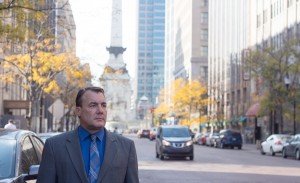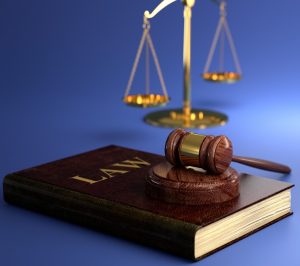
Indianapolis Criminal Defense 317-636-7514
In Indiana, there are two primary types of court cases, civil and criminal. Most civil cases involve a plaintiff suing for restitution or compensation. Common examples are divorce and child custody cases. In contrast, criminal cases involve enforcing laws and seeking punishment for crimes committed. In civil cases, a person is seeking money, but in criminal cases, the party pressing charges is seeking punishment.
The government, or state, is generally the party that brings criminal charges against a person. Once this happens, the person will go to court to stand trial on the charges. There are three main categories of criminal court, all of which deal with different types of criminal cases. Continue reading to learn about the types of specialized criminal courts in Indiana.
Indiana Criminal Courts
The three main types of specialized criminal courts include major felony, misdemeanor, and juvenile court. Each court system deals with the specific charges and penalties under their category. However, this can also depend on the county in which your crimes originated. And in some cases, minors are tried as adults in felony or misdemeanor court if their crimes are severe. Take a closer look at each type of specialized court system in Indiana:
Felony Court – If a person is charged with a major felony, they will stand trial in an Indiana felony court. A major felony can be anywhere between a Level 5 and a Level 2 felony crime, as well as, murder. However, a major felony may be considered any level felony depending on the county in which the crimes originated. A felony is any crime that is punishable by 1 year or more in jail. For example, if Jack stole a car, he would be arrested for suspicion of car theft. Next, the state would bring felony theft charges against him and then he would go to felony court to stand trial.
Misdemeanor Court – Misdemeanors are lesser offenses than felonies. A misdemeanor is any crime that is punishable by up to 1 year in jail. Common examples of misdemeanor crimes include shoplifting, public intoxication, driving with a suspended license, and so on. Misdemeanors are classified into three classes, from A to C, depending on the severity of the crime and criminal history. The most serious is a “Class A” misdemeanor. If a person is charged with a misdemeanor, they will stand trial in an Indiana misdemeanor court.
Juvenile Court – If a person is charged with a crime, and they are under 17 years old, they will generally stand trial in an Indiana juvenile court. In the case that a crime is a typical juvenile offense, such as trespassing or petty theft, they will remain in the juvenile court system. However, in the case that the crime committed is a serious or egregious offense, minors may be tried as adults in felony court. It largely depends on the state in which the crimes originated.
Indianapolis Criminal Defense Lawyer

David E. Lewis Attorney at Law 317-636-7514
Call David E. Lewis, Attorney at Law, at 317-636-7514 when you need an
Indianapolis criminal defense lawyer that stops at nothing to protect your rights and preserve your freedoms. With extensive trial and litigation experience, and a drive that never stops, Attorney David E. Lewis will build a strong defense and impactful defense against your Indiana criminal charges. Call 317-636-7514 to schedule a free initial consultation to discuss your case with an experienced
criminal defense attorney in Indianapolis, IN.





